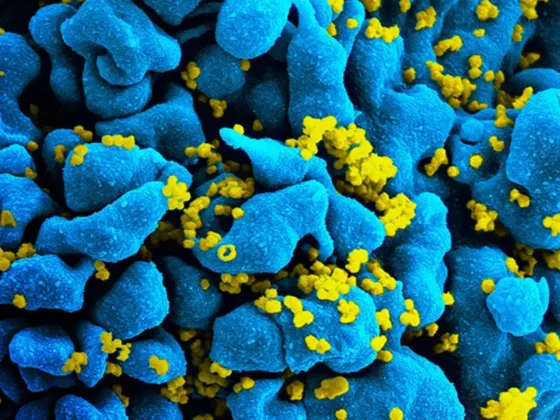Dr Sunetra Mondal, MBBS, MRCP (UK), MD (Medicine), DM ( Endocrinology), Consultant Endocrinologist, Burdwan
Diabetes, a condition that affects millions globally, has long been associated with a life of vigilant blood sugar monitoring and medication. However, recent strides in medical understanding and nutritional science have illuminated a path that offers newfound hope for those living with this chronic condition – diabetes remission through a low carbohydrate diet. Let’s delve deeper into how this dietary approach changes the game and paves the way towards improved health and potential remission.
Redefining the Nutritional Landscape
Traditionally, diabetes management has focused on medication, insulin injections, and careful meal planning. However, the emergence of low carbohydrate diets as a viable strategy challenges the conventional norms. This dietary approach hinges on significantly reducing the consumption of carbohydrates, including sugars and starches, thereby altering the body’s metabolic dynamics.
Regulating Blood Sugar Fluctuations: In individuals with diabetes, the body’s ability to manage blood sugar levels can become compromised, resulting in erratic spikes and crashes. These fluctuations are primarily influenced by the consumption of carbohydrates, which serve as the main source of glucose – the cellular fuel. Low carbohydrate diets address this challenge by curbing the influx of glucose into the bloodstream. By doing so, these diets contribute to a more consistent and stable blood sugar profile.
Amplifying Insulin Responsiveness: A pivotal player in blood sugar regulation, insulin is produced by the pancreas and orchestrates glucose uptake by cells. However, type 2 diabetes often involves a resistance of cells to the effects of insulin, leading to heightened blood sugar levels. Low carbohydrate diets have demonstrated their ability to enhance insulin sensitivity, enabling cells to efficiently utilize insulin and glucose for energy. This transformation not only fosters improved blood sugar management but also paves the way for sustained enhancements over time.
Aiding Weight Loss and Metabolism
Obesity and diabetes often go hand in hand, exacerbating the challenges of managing the condition. Low carbohydrate diets have demonstrated their prowess in promoting weight loss, which can profoundly impact diabetes remission. Shedding excess pounds improves insulin sensitivity and reduces the strain on the body’s insulin-producing cells, potentially creating an environment conducive to remission.
Reversing Metabolic Syndrome
Metabolic syndrome, a cluster of conditions including high blood pressure, high blood sugar, excess abdominal fat, and abnormal cholesterol levels, significantly increases the risk of developing type 2 diabetes. Low-carbohydrate diets have been shown to address various components of metabolic syndrome, offering a comprehensive approach to diabetes management and remission.
Influencing Hormones and Appetite
Low-carbohydrate diets have the unique ability to influence hormones that regulate hunger and appetite. By curbing excessive insulin release and promoting the release of satiety hormones, these diets can naturally lead to reduced calorie intake. This phenomenon, coupled with the positive impact on blood sugar, contributes to weight loss and potentially facilitates diabetes remission.
Empowering Individuals on Their Journey
While low carbohydrate diets hold immense promise, it’s essential to recognize that diabetes remission is a complex and individualized process. Consulting with healthcare professionals, including dietitians and physicians specializing in diabetes care, is crucial before embarking on significant dietary changes. These experts can provide personalized guidance, monitor progress, and tailor the approach to suit individual needs and medical history.
The Future of Diabetes Management
As medical research unravels the intricate relationship between nutrition, metabolism, and diabetes, the role of low carbohydrate diets in remission gains prominence. While not a one-size-fits-all solution, this approach has ignited a spark of optimism for those striving to regain control over their health. By embracing the power of low carbohydrate diets, individuals are not just managing their diabetes – they’re embarking on a journey towards potential remission and a brighter, healthier future.









